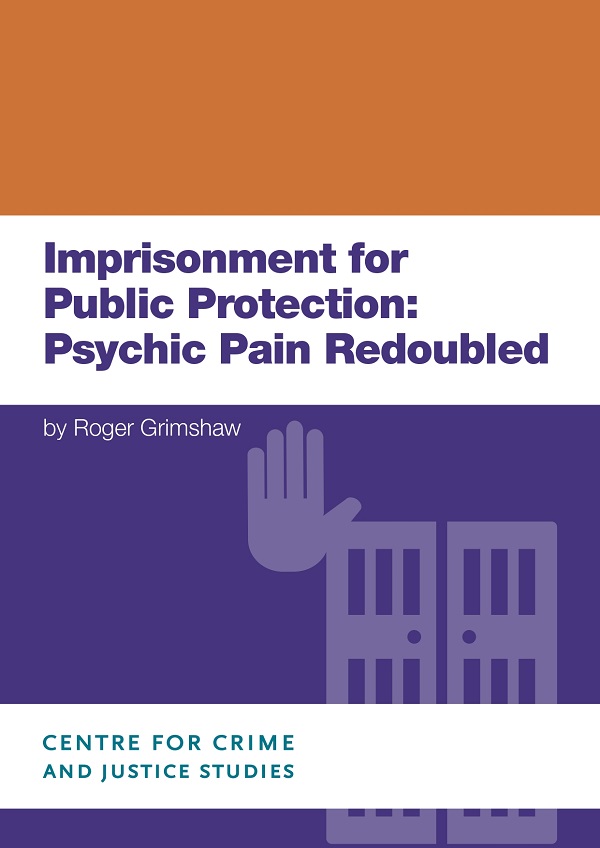A timely assessment of the profound psychological toll of the Imprisonment for Public Protection sentence and what needs to be done.
Imprisonment for Public Protection (IPP) has memorably been described by a former Supreme Court Judge, Lord Brown, as “the greatest single stain on our criminal justice system”.
The present report explores some of the main reasons for that assessment. It is a compilation and review of the available evidence about the psychological impacts of the sentence, covering:
- Pre-existing conditions affecting many subjected to the IPP sentence
- Feelings of uncertainty and helplessness the sentence provokes
- The psychological obstacle course those subject to the IPP sentence are expected to negotiate
- The long-term effects of the sentence
- The persistence of anxiety, even following release and resettlement
The distressing experiences of prisoners under IPP, the report argues, demand urgent action to abolish the sentence once and for all. They also demand action to guarantee that there is no repetition of the IPP sentence. All forms of preventive and indefinite detention carry the same risks, and proper safeguards must be firmly established.
The whole history of IPP should be the subject of concerted political, legal and psychological inquiry, so that its systematic flaws can be determined. In its place there should be a coherent alternative framework that will inform future criminal justice legislation and can be incorporated in an overarching constitutional law.
Recommendations include:
- The release, without delay, of prisoners on IPP sentences who have served time beyond the tariff set by the court.
- The setting of a clear, determinate, release date for all other IPP sentenced prisoners, either through judicial or executive decision-making.
- Mental health assessments and safeguarding measures should be part of the planning and support arrangements for release.
- A programme of close and immediate support for released IPP prisoners to enable them to adjust satisfactorily to freedom.
- The offer of adequate and prompt state reparations to IPP prisoners, on the basis of failures to provide programmes or meet known mental health needs, and unjustified time in confinement.
- The creation of an overarching legislative Code, influenced by provisions in the Human Rights Act, against which any future proposals for legislation on indefinite detention should be tested.
Selected coverage of Imprisonment for Public Protection: Psychic Pain Redoubled
- Further calls for the urgent abolition of IPP sentences, The Justice Gap, 12 October 2022
- Time To Abolish “Toxic” IPP Sentence, Russell Webster, 12 October 2022
- Decision day for IPPs, Inside Time, 1 November 2022
